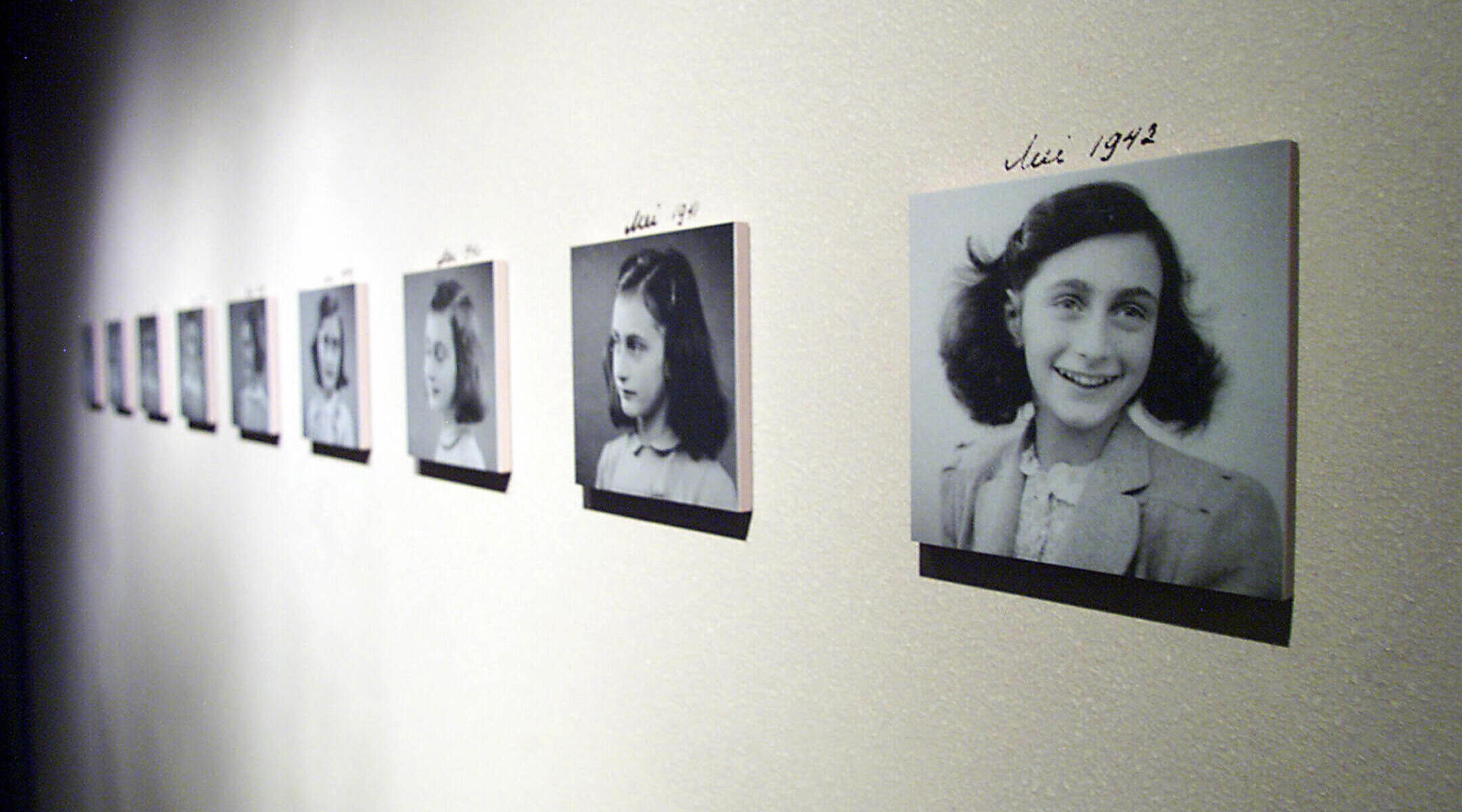(JTA) — A recent study of the Dutch population conducted by the Conference of Jewish Material Claims Against Germany showed an alarming lack of education around the Holocaust in the Netherlands.
For one, a majority of Dutch respondents, across all age groups, did not cite their own country as a place where the Holocaust took place, despite the fact that the Netherlands was the setting of the world’s most widely-read Holocaust memoirs — Anne Frank’s “The Diary of a Young Girl,” which has been translated into over 70 languages. About 75% of the country’s Jews were killed during the Holocaust, one of the highest rates in Europe.
The study, for which Schoen Cooperman Research surveyed 2,000 people across the country of over 17 million, also found that a majority of respondents (54%) and a slightly larger share of those in the millenial and Gen Z generations (59%) did not know that the number of Jews murdered by the Nazis totaled 6 million. Many said the total was as little as 2 million or fewer.
“Survey after survey, we continue to witness a decline in Holocaust knowledge and awareness. Equally disturbing is the trend towards Holocaust denial and distortion,” said Gideon Taylor, the Claims Conference president, in a statement about the study released on Wednesday. “To address this trend, we must put a greater focus on Holocaust education in our schools globally.”
The Netherlands is not in a category of its own with such numbers. A study published Tuesday by the American Jewish Committee found that a similar proportion of Americans — 47% compared to 54% in the Netherlands — did not know that 6 million Jews were murdered in the Holocaust.
However, researchers also found that the percentage of Dutch people who thought the Holocaust was a myth or greatly exaggerated (12%) was higher than in any other nation previously surveyed by the Claims Conference, an organization that advocates for and distributes restitution funds to Nazi victims and their descendants. Nearly a quarter of those in the younger generations believed it acceptable to hold neo-Nazi views.
“One of the more troubling trends we continue to see in these surveys is the rise in numbers of people who believe the Holocaust was a myth or that the number of Jews murdered is exaggerated,” said Greg Schneider, the Claims Conference’s executive vice president.
Despite those findings, a majority of Dutch respondents (77%) said that they felt that Holocaust education was increasingly necessary in the country.
“While many of the historical facts related to the Holocaust in the Netherlands are not known, I am encouraged by the number of respondents to this survey that believe Holocaust education is important,” said Emile Schrijver, the general director of Amsterdam’s Jewish Cultural Quarter and one of the people who conducted the survey. “We know that we can work together with educators to ensure the trends we see in Holocaust denial and distortion and the rise in antisemitism are countered by a robust curriculum of Holocaust education.”
JTA has documented Jewish history in real-time for over a century. Keep our journalism strong by joining us in supporting independent, award-winning reporting.






